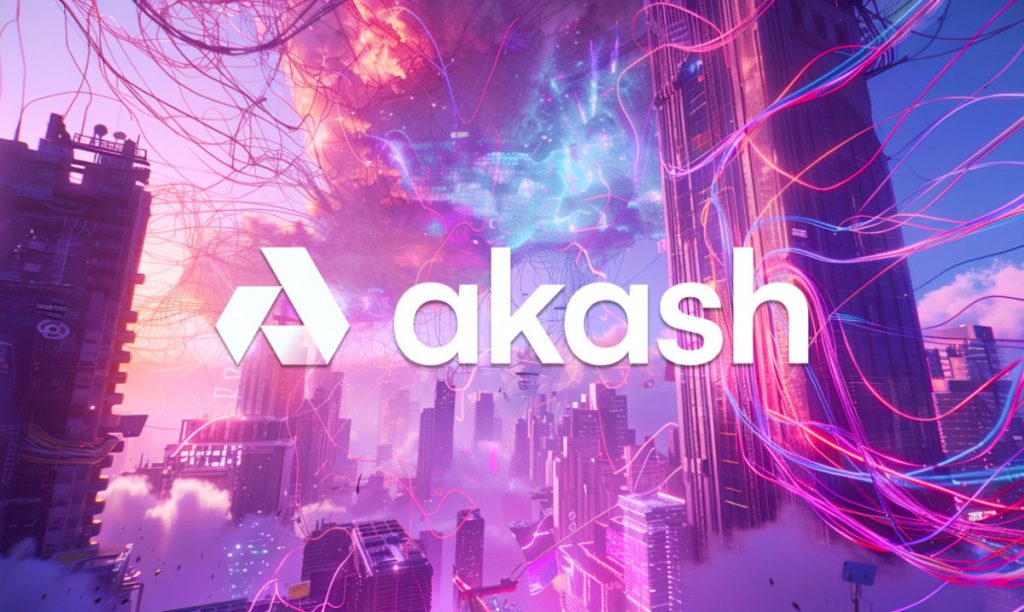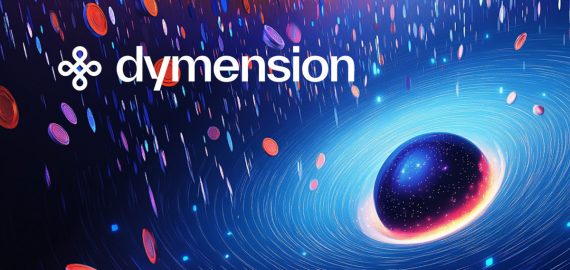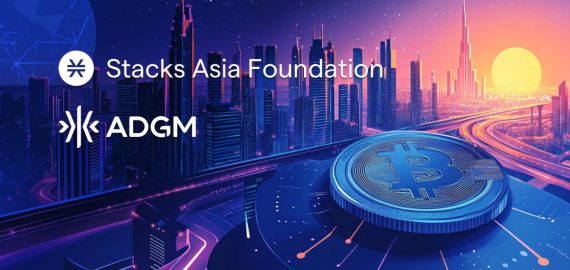According to Greg Osuri, the head of Akash Network, there is a significant rise in the need for Cloud GPUs, fueled by the increasing computational requirements of Web3 projects.
In Brief
Greg Osuri from Akash Network recently unveiled his plans for a GPU incentive scheme, highlighting how the company is streamlining access to cloud computing resources tailored for Web3.

A new selection of Nvidia chips is now available on a blockchain-based cloud computing platform. Akash Network This peer-to-peer marketplace enables Akash Network to grant cloud access to Nvidia H100 and A6000 GPUs at competitive rates compared to standard cloud providers.
This move is part of Akash Network's strategy to tackle the rising demand for computing power and marks the launch of a pilot incentives program, which includes a substantial $5 million investment aimed at facilitating developer access. high-performance GPU s.
In an interview with Metaverse Post, Greg Osuri shared his thoughts on the reasons behind the establishment of the incentives program, as well as the future direction of cloud computing to enhance Web3.
The surge in demand for GPU-powered cloud resources for AI and Web3 applications is rapidly escalating, particularly among major tech companies. The role of Akash Network is pivotal as it strives to offer a diverse range of high-performance GPUs to relieve this mounting pressure on developers across various organizations. Akash Network Thanks to its blockchain integration, Akash's peer-to-peer GPU marketplace offers secure and cost-effective access to these in-demand resources.
Akash provides a selection of 128 Nvidia H100s and A6000s at significantly lower prices—$1.49 per hour for H100s and $0.49 for A6000s—compared to rival services.
Greg Osuri remarked to Metaverse Post that exorbitantly high prices set by large-scale providers have sidelined startups from the innovation landscape, while even sizable enterprises face lengthy waiting lists for essential resources needed for their AI projects.
Osuri is optimistic that this incentives pilot, supported by a $5 million budget to subsidize top-tier GPUs, will broaden access to crucial computing power for developers on the Akash platform. Providers who contribute GPUs to a standardized configuration pool can earn periodic payments, with potential earnings reaching up to $750,000. For developers, this initiative promises affordable, high-quality, and dependable computing resources.
The incentives initiative aims to introduce over 1,000 A100 GPUs, expected to run for a duration of 120 days. Providers will be attracted through three methods: the committed pool, liquidity mining pool, and R&D Pool.
The committed pool will ensure the availability of premium computing resources by involving seasoned compute providers, primarily tier-2 and above data center operators, dedicated to supplying resources to Akash Network for a minimum of one year. Approximately 40% of the pilot budget, around $3.5 million, will be allocated here.
This allocation includes $1.8 million for 83 H100 chipsets, $800,000 for 54 A100 80 GB chipsets, and $900,000 for 105 RTX A6000 chipsets. In the liquidity mining pool, providers will supply GPUs to a standardized configuration pool, which will distribute a fixed number of tokens per epoch to all participants proportionally.
Providers will receive their earnings periodically, with a schedule that allows Akash Network adequate time to confirm the metrics needed for continued operation. The network plans to devote 40% of the pilot budget, about $750,000, to any Nvidia GPU with a minimum of 24GB VRAM.
Moreover, 20% of the program's total budget, equating to $750,000, will be reserved for the R&D Pool, specifically allocated to GPUs introduces in 2024 or later, covering both Nvidia and AMD brands.
As Greg Osuri explained, \"Tenants can engage with Akash Network by setting a budget and bidding for GPU access. Providers review these bids and can propose their rates for the agreed-upon resource access.\"
The Overclock Labs team, which is behind the Akash Network, does not interfere in the bidding process due to the network's decentralized and peer-to-peer nature. This arrangement effectively addresses concerns around centralization and potential censorship.
According to Osuri, \"By facilitating access to the most coveted chips available, Akash Network enables startups to compete on an equal footing with larger tech corporations. The permissionless nature of our compute resources, including Nvidia A100s and H100s from a diverse range of suppliers—ranging from independent operators to major hyperscale firms—places us in a unique position to address inefficiencies in the market.\"
Akash Network’s Long-Term Goals
Greg Osuri imagines that with the introduction of 128 Nvidia A100s and H100s into the network, Akash Network will stand out as one of the few alternative solutions capable of evolving continually to align with user needs.
"As the demand for high-density GPUs surges, we have expanded our provider pool to guarantee that developers on Akash can maintain cost-effective access to these vital GPUs for training AI models and advancing applications within virtual environments,\" he stated during his discussion with Metaverse Post. access The program enhances Akash Network's adaptability and positions it as a pioneer in the market for cutting-edge GPUs as the landscape of AI models and GPU architectures changes.
Think of Akash as an \"Airbnb\" for chips, where those with unused chip capacity can lease computing resources through the network. With over 75 providers supplying GPUs, CPUs, and various forms of computing across the United States, Europe, and Asia, Akash is scaling operations by onboarding additional compute capacity providers and encouraging community engagement.
Akash Network In sharing insights about the anticipated advancements and developments from Akash Network, Osuri noted, \"Our team is committed to delivering affordable resources that promote broader enterprise acceptance of blockchain technology. This is evident through our collaboration with health tech platform Solve.Care, which significantly lowers cloud expenditure for companies like the metaverse platform Passage.\"
Please remember that the content provided here is not intended to serve as legal, tax, investment, financial, or any other type of advice. It's crucial only to invest money you can afford to lose and to seek independent financial advice if you're uncertain. For more details, we recommend reviewing the terms and conditions along with the support pages provided by the issuer or advertiser. MetaversePost strives for accurate, unbiased reporting; however, market conditions may change without prior notice.
Disclaimer
In line with the Trust Project guidelines Alisa, a committed journalist at Cryptocurrencylistings, specializes in cryptocurrency, zero-knowledge proofs, investments, and the vast world of Web3. With a sharp eye on emerging trends and innovations, she provides in-depth coverage designed to educate and engage readers in the rapidly changing digital finance landscape.







